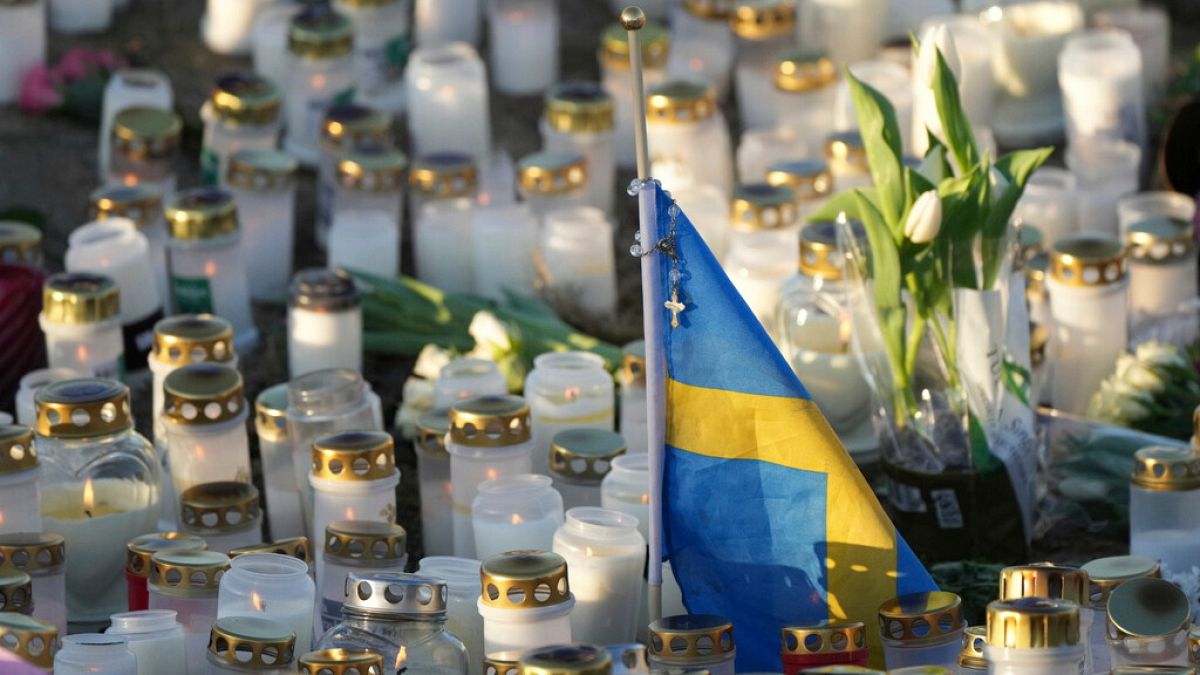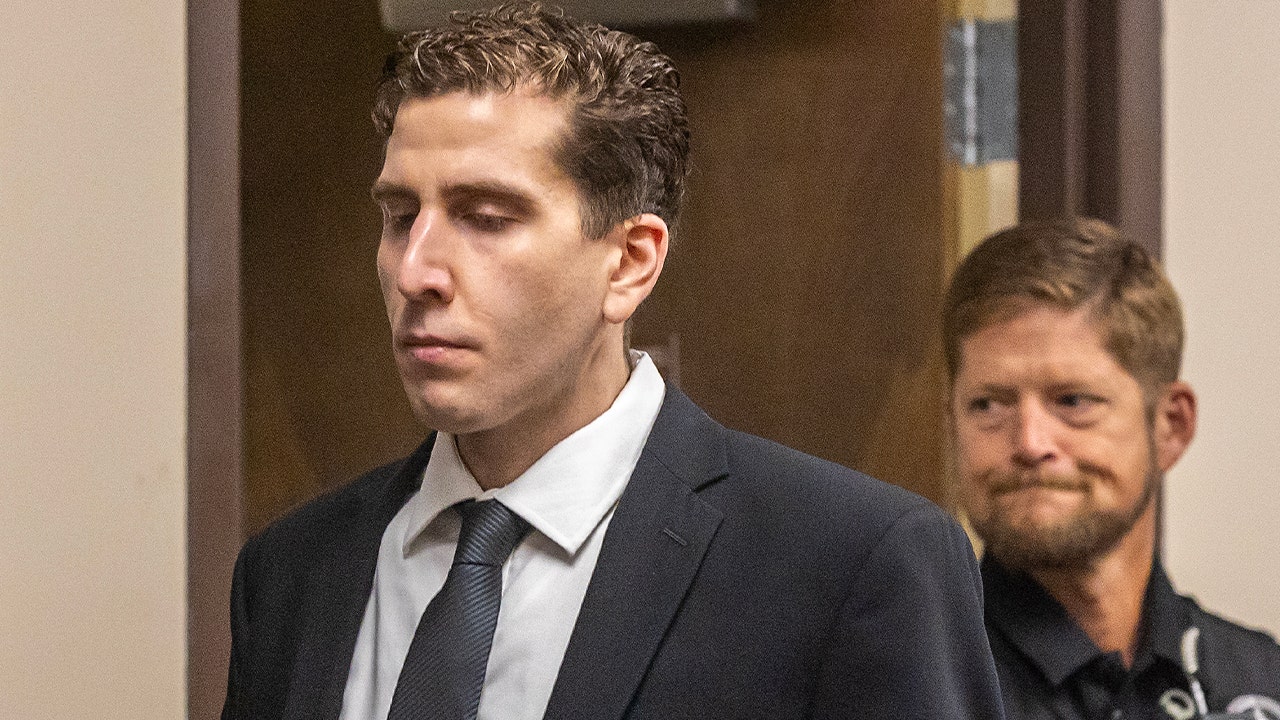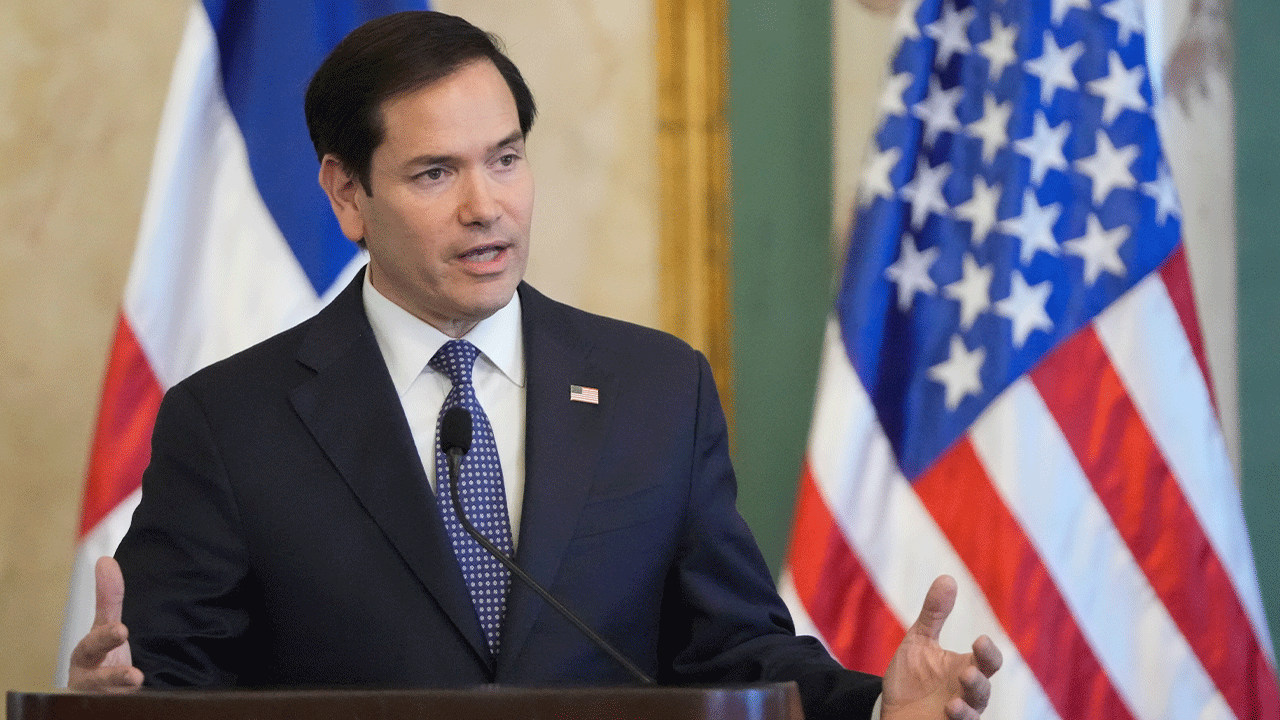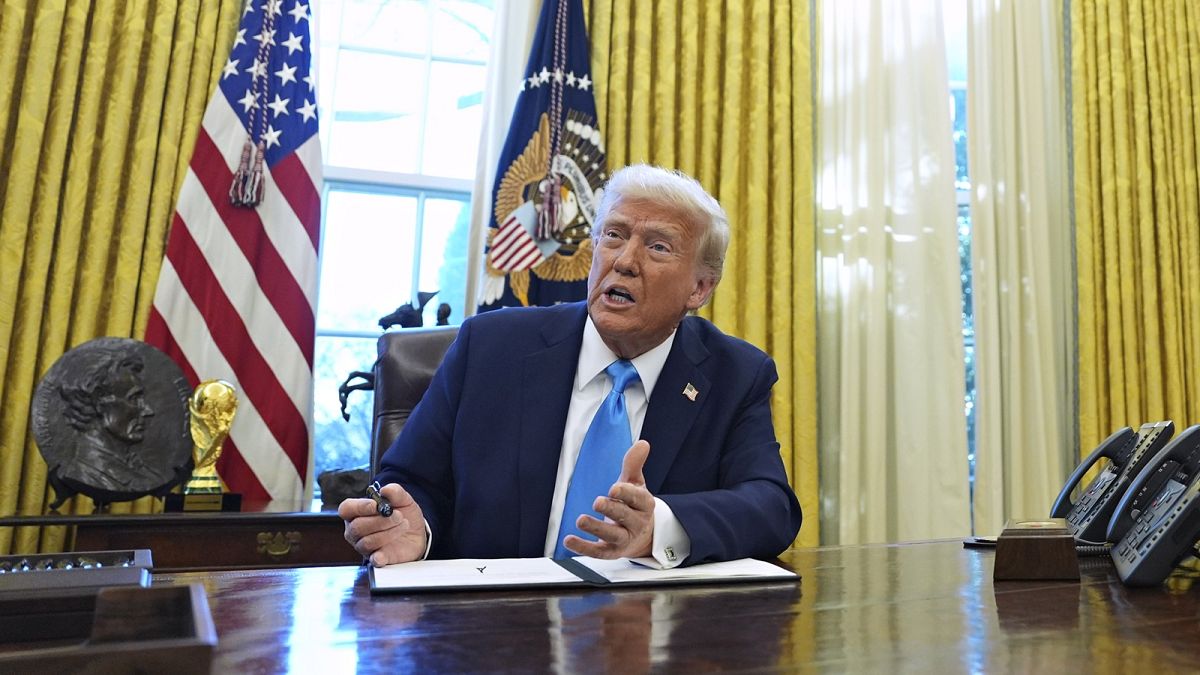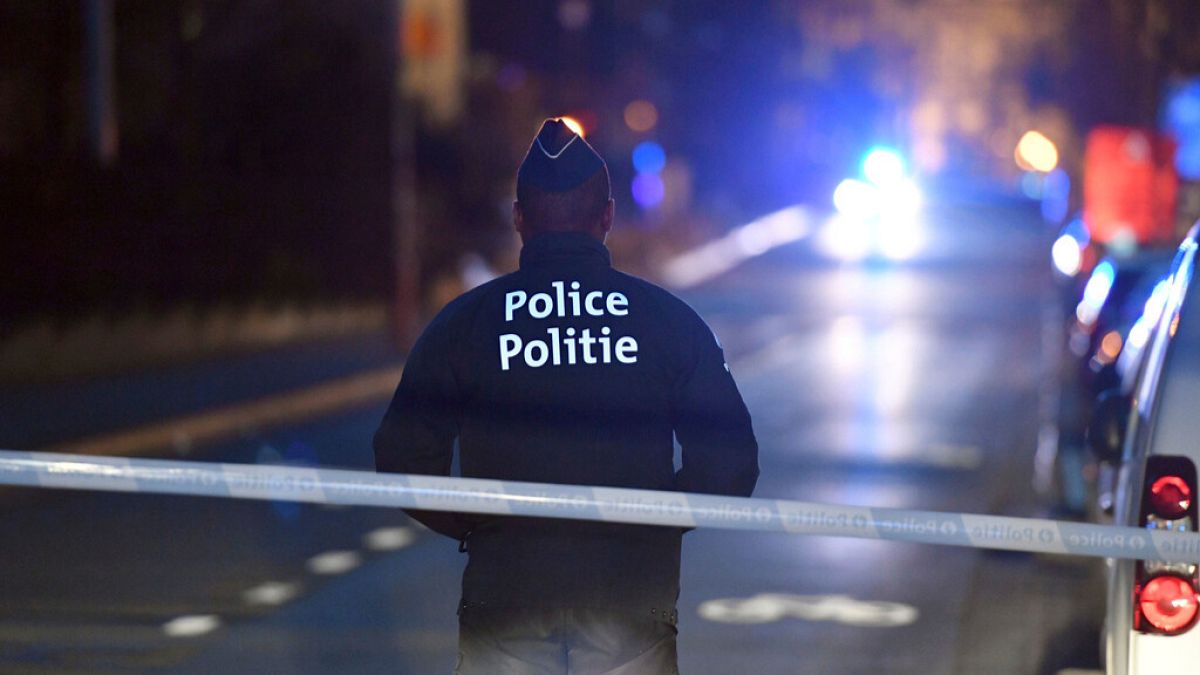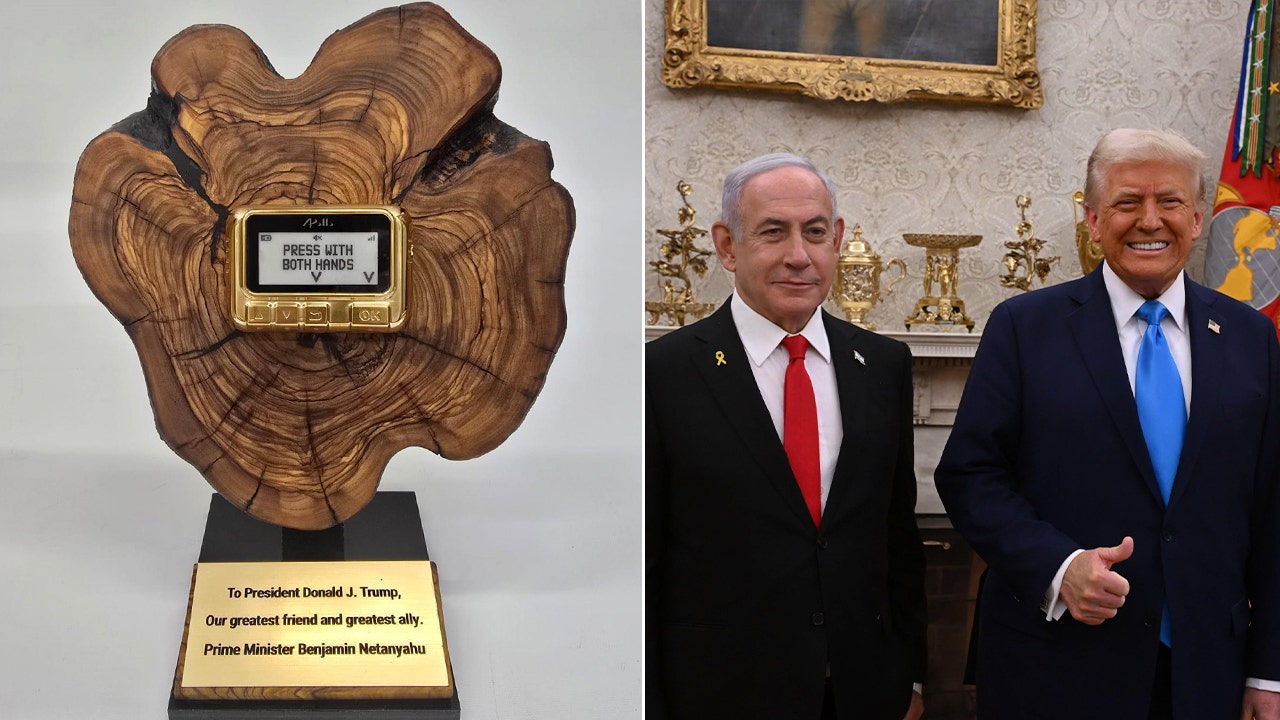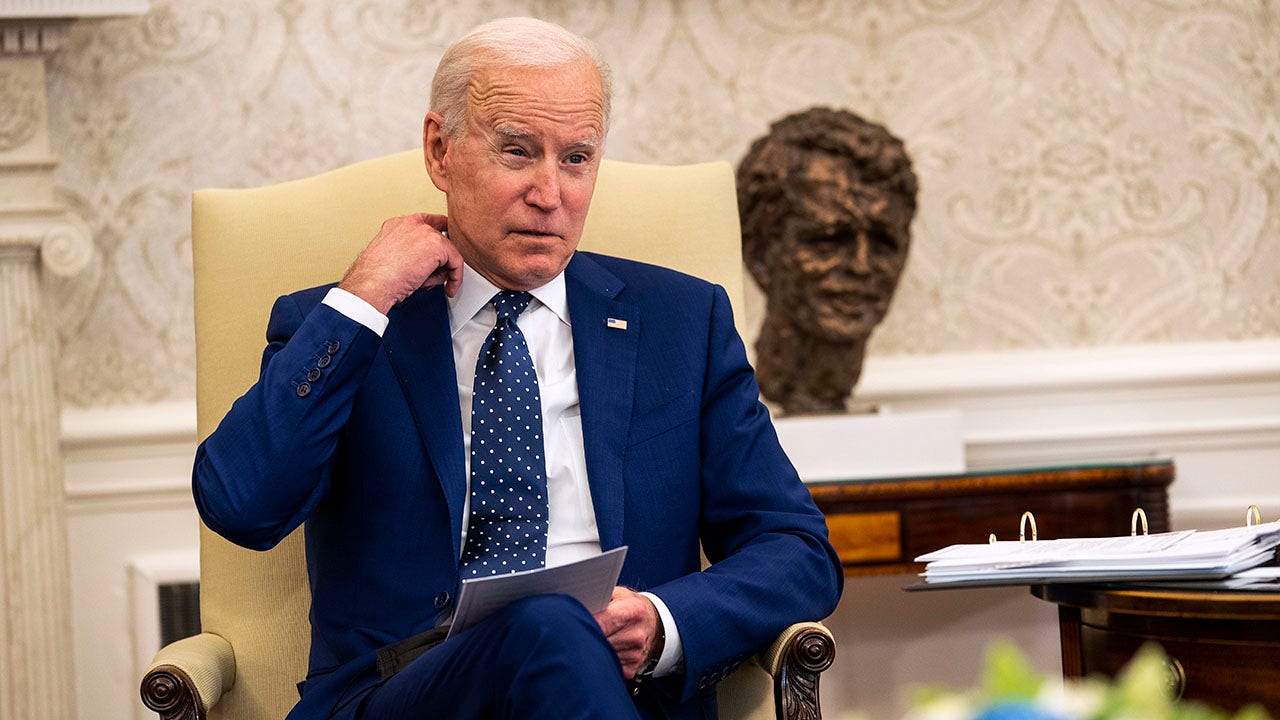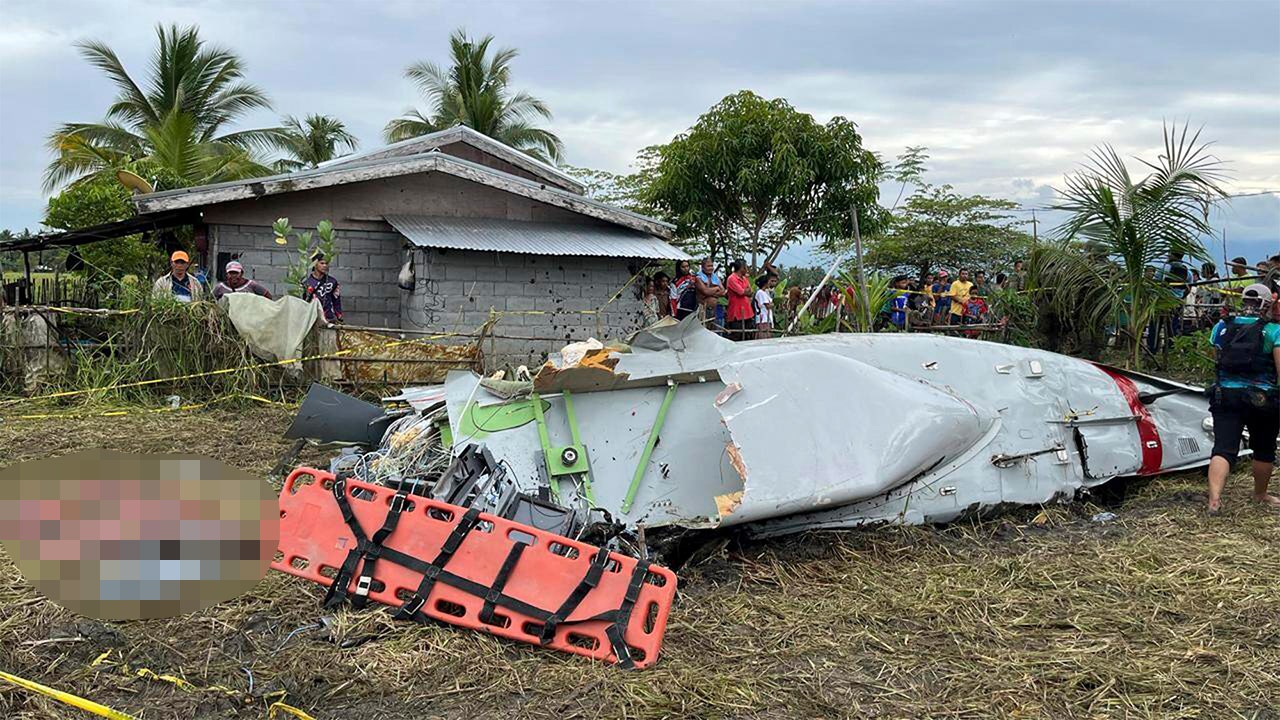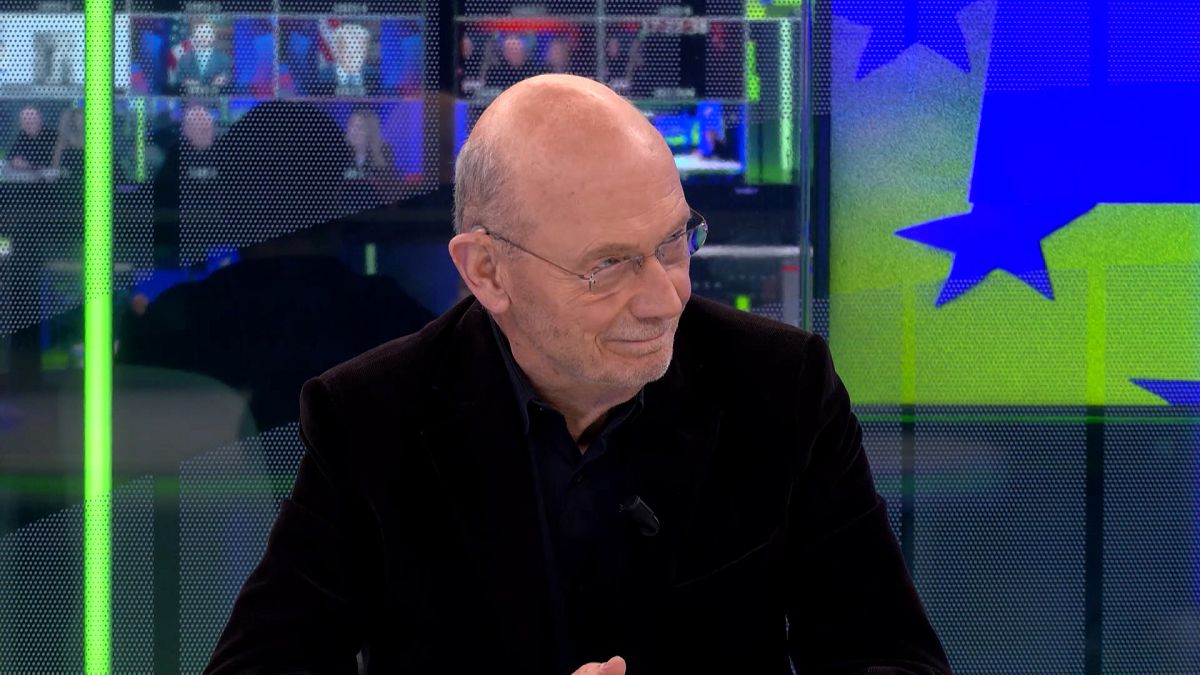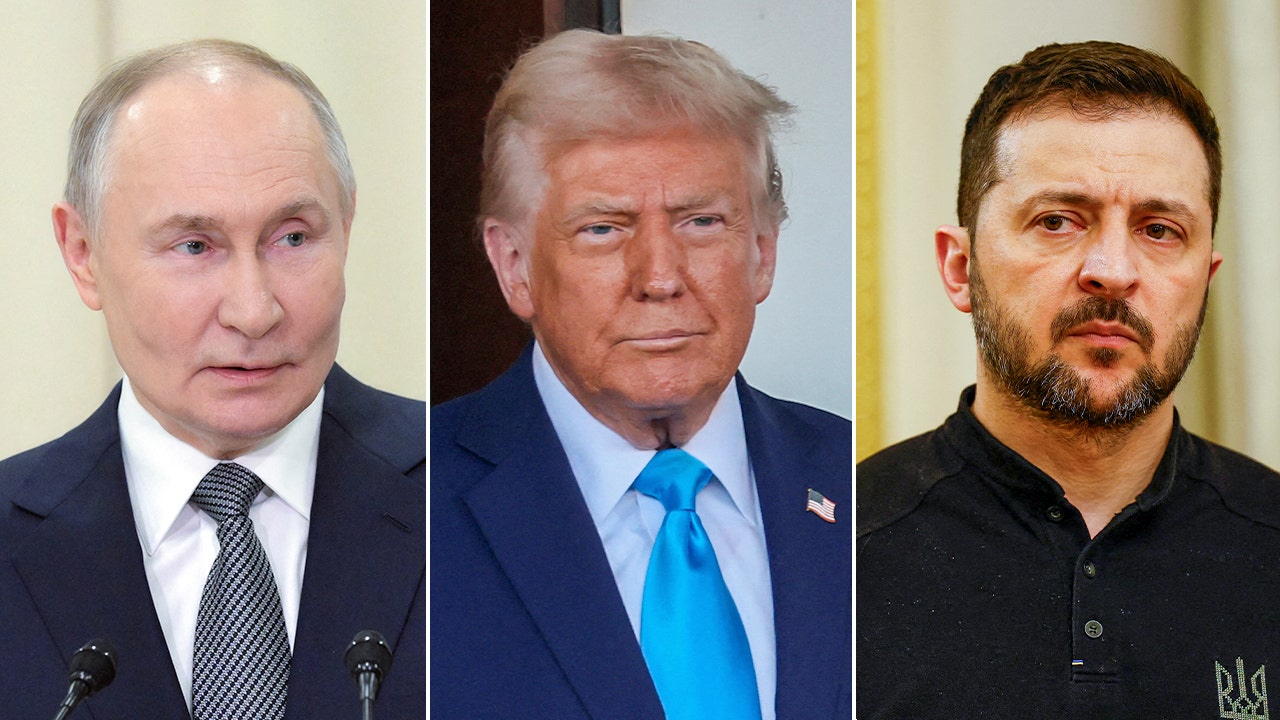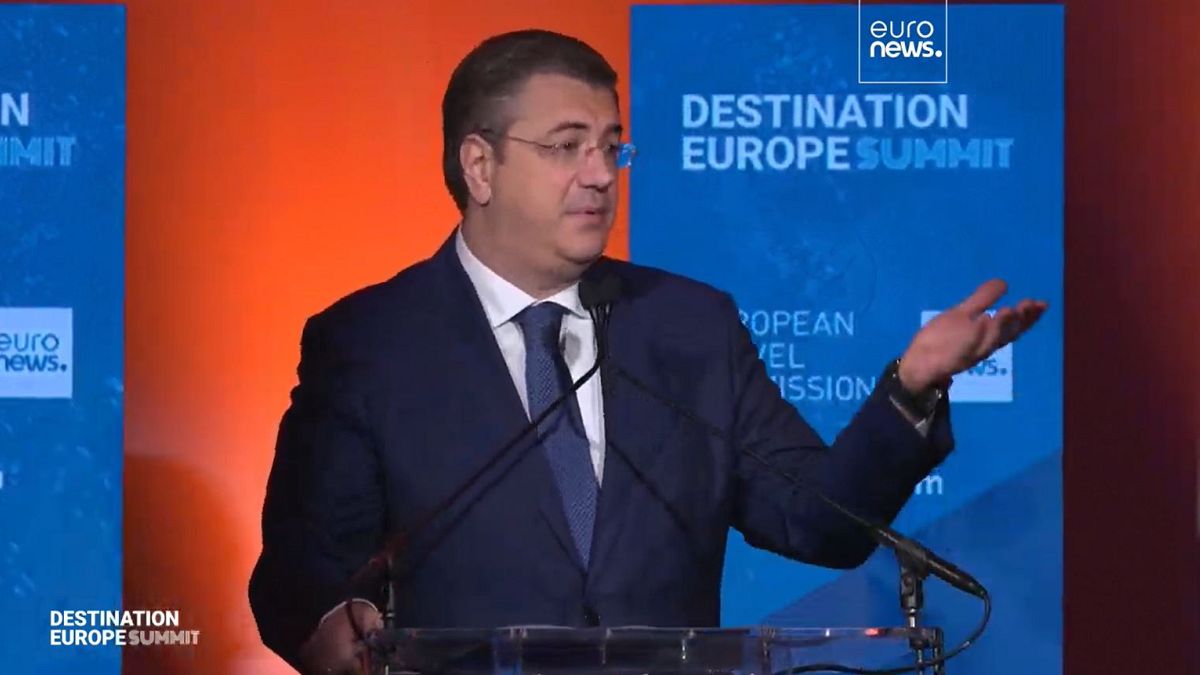The executive order signed by Donald Trump targets ICC officials who work in investigations related to the US and its allies, such as Israel.
Donald Trump’s decision to sanction the International Criminal Court (ICC) risks endangering the search for justice in Ukraine, the European Commission was warned, expressing full support for the tribunal’s independence and impartiality.
Since March 2022, the ICC has been investigating allegations of war crimes in Ukraine and issued arrest warrants against six high-ranking officials of the Kremlin, including President Vladimir Putin, who stands accused of ordering the unlawful deportation and transfer of Ukrainian children to Russia.
Placing ICC officials under sanctions could hinder these probes by making it more difficult for them to travel worldwide and access the necessary funds.
“The ICC guarantees accountability for international crimes and gives a voice to victims worldwide. It must be able to freely pursue the fight against global impunity,” said Ursula von der Leyen, the president of the European Commission.
A Commission spokesperson expressed “regret” over Trump’s executive order, saying it “represents a serious challenge to the work of the ICC with the risks of affecting ongoing investigations and proceedings, including as regards Ukraine, impacting years of efforts to ensure accountability around the world.”
The Commission will monitor the “implications” of Trump’s decision and “assess possible further steps”, the spokesperson added, without providing further details.
António Costa, the president of the European Council, voiced a similar message of condemnation: “Sanctioning the ICC threatens the Court’s independence and undermines the international criminal justice system as a whole,” he said on Friday.
The previous day, Costa had met Judge Tomoko Akane, the ICC’s current president, in Brussels and praised the institution for playing an “essential role in delivering justice to the victims of some of the world’s most horrific crimes.”
Dutch Foreign Minister Caspar Veldkamp, whose country hosts the ICC in the Hague, also regretted the White House’s decision.
The executive order signed by President Trump on Thursday accuses the ICC of engaging in “illegitimate and baseless actions targeting America and our close ally Israel” and setting a “dangerous precedent”, a reference to the court’s ongoing investigation into possible war crimes in the Gaza Strip.
Last year, the ICC issued arrest warrants for Israeli Prime Minister Benjamin Netanyahu, former Defence Minister Yoav Gallant, and Hamas military commander Mohammed Diab Ibrahim Al-Masri, also known as Mohammed Deif, who was later confirmed dead.
The court argues Netanyahu and Gallant are responsible for committing “the war crime of starvation as a method of warfare; and the crimes against humanity of murder, persecution, and other inhumane acts” during the Israeli offensive against Hamas.
A fragile ceasefire is now in place.
ICC calls for unity
The arrest warrant against Netanyahu was met with bipartisan outrage in the US, one of Israel’s staunchest supporters, and renewed calls for sanctions. In Europe, the warrant received a mixed reaction. Hungary’s Viktor Orbán openly said he would ignore it while Germany and France refrained from committing to arresting the Israeli prime minister.
Trump’s executive order allows his government to introduce asset freezes and travel bans against ICC officials, and their relatives, who work in investigations involving the US, American citizens or American allies.
The order describes these probes as “transgressions” that constitute an “unusual and extraordinary threat to the national security and foreign policy of the United States.”
Netanyahu thanked Trump for his “bold” executive order, which, he said, “protects the sovereignty of both countries and its brave soldiers.”
The US and Israel are not parties to the Rome Statute that underpins the ICC. Russia, China and India are not signatories either. Ukraine joined the court early this year.
In the case against Netanyahu, the ICC has noted that “the acceptance by Israel of the Court’s jurisdiction is not required” because its jurisdiction is based on the “territorial jurisdiction of Palestine”, which has been an ICC member since 2015.
All signatories to the Rome Statute are expected to comply with the arrest warrants issued by the court, which lacks the means to enforce its decisions and relies on state parties to provide the necessary resources, including by placing under arrest any suspect who sets foot on their soil.
Compliance, however, is patchy. In September, Mongolia, an ICC member, refused to enforce the arrest warrant on Vladimir Putin when the Russian leader visited the country.
In a statement condemning Trump’s executive order, the ICC called on the 125 state parties of the Rome Statute to “stand united for justice and fundamental human rights.”
“The Court stands firmly by its personnel and pledges to continue providing justice and hope to millions of innocent victims of atrocities across the world,” the ICC said.
The sanctions come on the heels of Netanyahu’s visit to the White House, during which Trump announced a plan to “take over” Gaza, displace 1.8 million Palestinians and turn the devastated enclave into the “Riviera of the Middle East.” The shocking proposal was met with immediate and forceful international condemnation.
Read the full article here


